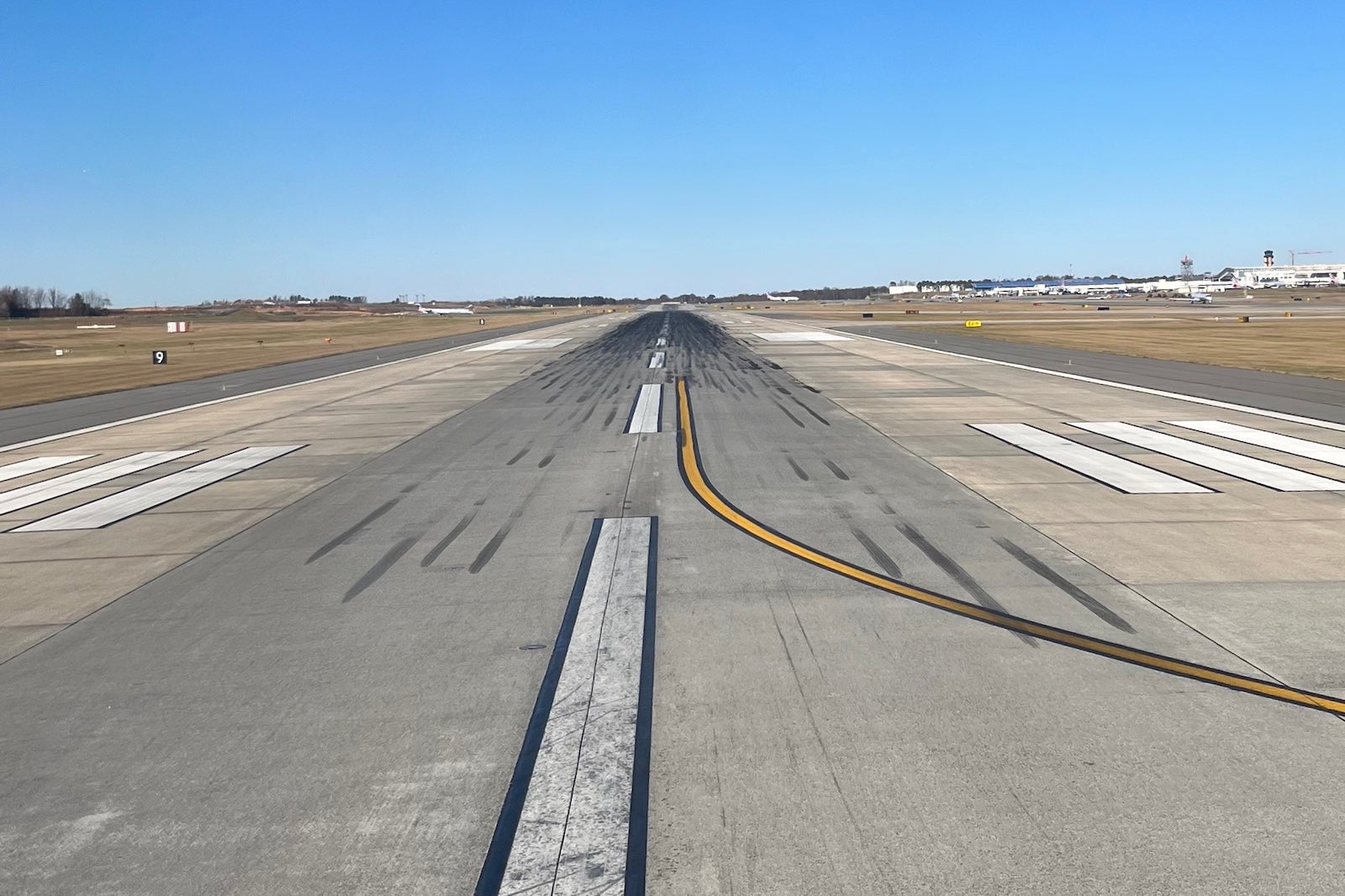Airlines sue to block pricing regulation from Biden administration
Several U.S. airlines are joining forces in a lawsuit challenging the Biden administration’s recent rule that would require carriers to display the full cost of a flight — including crucial add-on charges — upfront.
The U.S. Department of Transportation exceeded its authority in issuing the regulation late last month, argued American Airlines, Delta Air Lines, United Airlines, Alaska Airlines, Hawaiian Airlines and JetBlue. Airlines for America, the U.S. airline industry’s lobbying group, also joined. Notably, Southwest Airlines declined to join the suit.
The lawsuit against the DOT, filed Friday in the 5th U.S. Circuit Court of Appeals, calls for a judge to set aside the rule. Airlines describe the rule as “arbitrary,” an “abuse of discretion” and “otherwise contrary to law.”
Want more aviation news? Sign up for TPG’s free biweekly Aviation newsletter.
Challenging a recent DOT rule
Last month, the DOT issued two separate rules.
One would require airlines to automatically issue refunds to passengers in the event of a cancellation or significant delay. They would also have to refund for extra paid services like inflight Wi-Fi when the paying customer doesn’t actually receive the service (as is the case when Wi-Fi malfunctions).
Those measures could end up codified in the Federal Aviation Administration’s reauthorization bill currently making its way through Congress.
The second DOT rule is the one at issue in this lawsuit. It would require airlines and third-party ticket sellers to immediately disclose crucial ancillary charges the first time the flight’s price is displayed.
Under the regulation, by late April 2025, airlines would have to more clearly disclose the cost of a first and second checked bag, a full-size carry-on bag and any change or cancellation fees right away — when customers first see a fare.

Daily Newsletter
Reward your inbox with the TPG Daily newsletter
Join over 700,000 readers for breaking news, in-depth guides and exclusive deals from TPG’s experts
Airlines would also have to use DOT boilerplate language to explain to passengers that they will get a seat assignment, even if they don’t choose to pay for one.
Related: Here are airline passenger rights you need to know during a travel meltdown
Airlines decry regulation
The ancillary fees regulation is a “bad solution in search of a problem,” the U.S. airline industry’s top trade groups argued. Ultimately, the rule will “confuse customers” and “complicate the buying process,” Airlines for America said.
“DOT’s attempt to regulate private business operations in a thriving marketplace is beyond its authority,” the organization said in a statement to TPG Tuesday. “Airlines go to great lengths to make their customers knowledgeable about these fees.”
Biden administration responds
For its part, the DOT isn’t backing down. It told TPG it would “vigorously defend” the rule; the rule protects travelers from “hidden junk fees” and helps consumers see the full price of a flight upfront, according to the DOT.
“Many air travelers will be disappointed to learn that the airline lobby is suing to stop these common-sense protections,” the agency said in a statement.
President Joe Biden has made cracking down on so-called “junk fees” a central part of his term — honing in on airlines and hotels, along with sectors throughout the economy — in the name of consumer protection.
The administration has also taken a harder regulatory stance on other aspects of the airline industry. Under President Biden, the U.S. Department of Justice successfully blocked the Northeast Alliance between American and JetBlue, as well as JetBlue’s proposed merger with Spirit Airlines — both on antitrust grounds.
Related reading:

